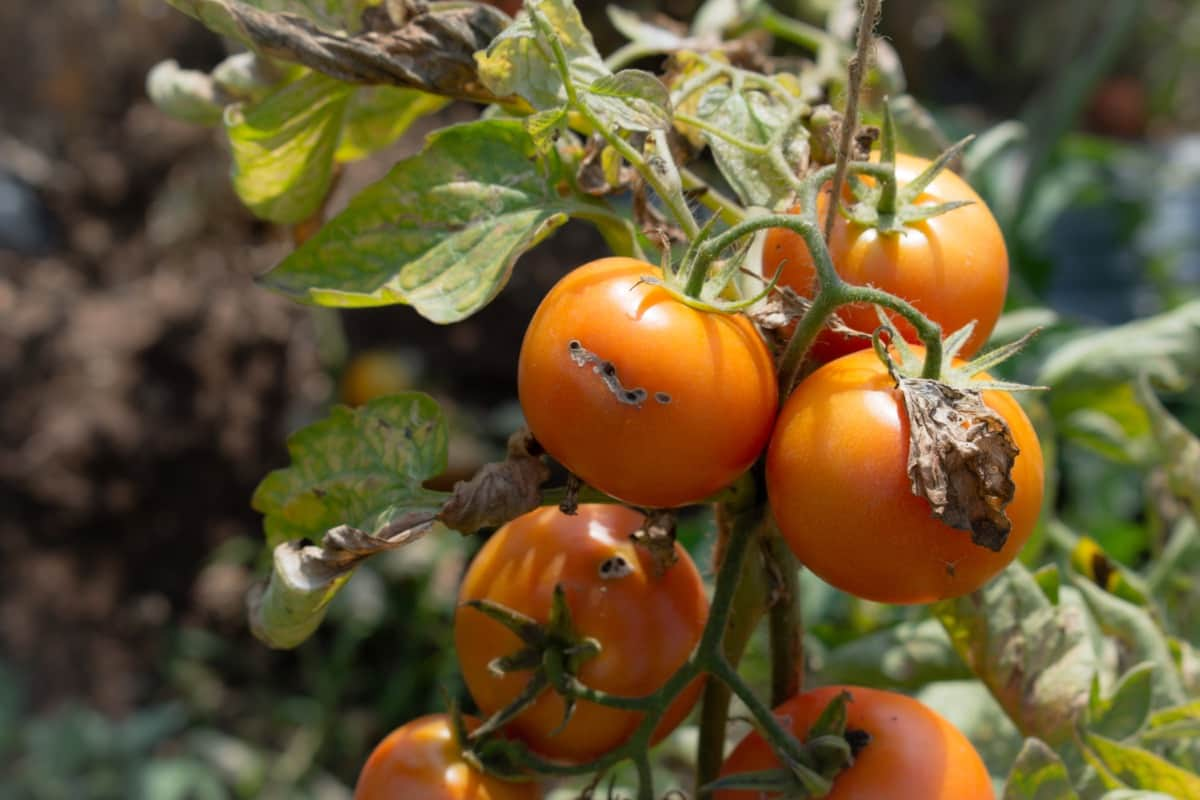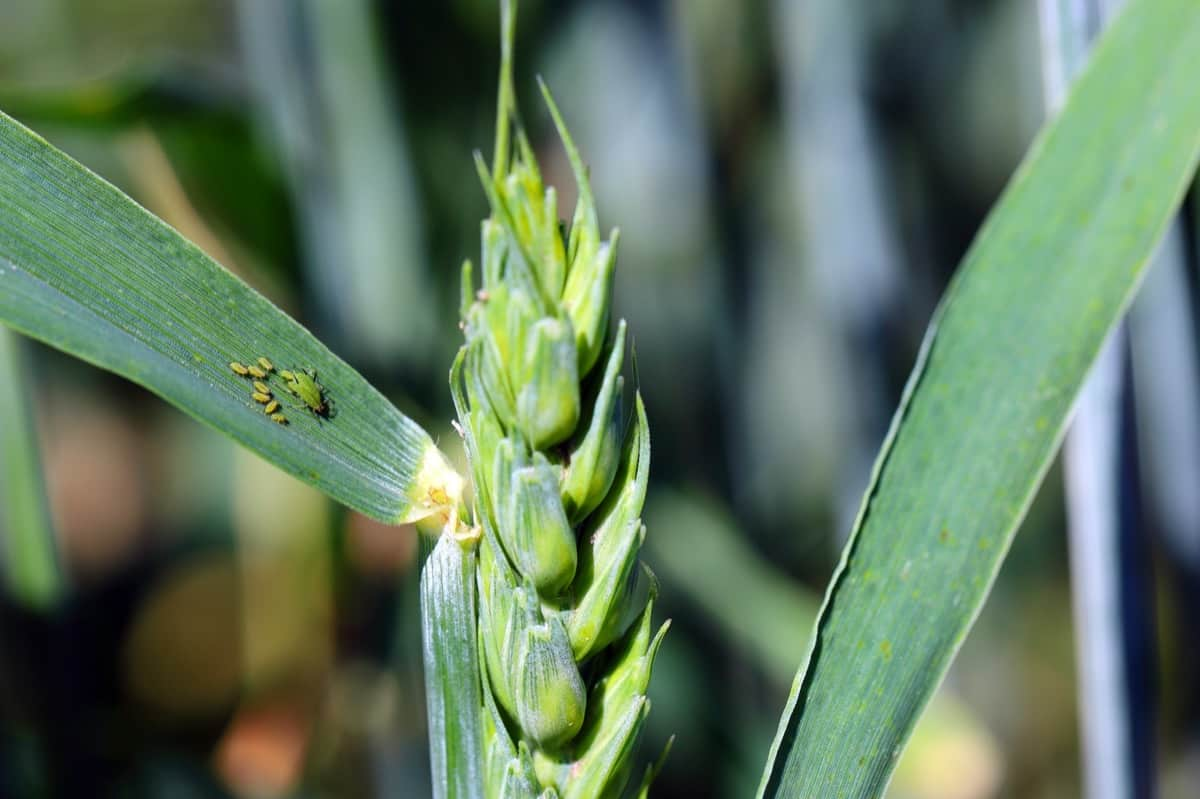Insects and fungal diseases destroy entire crops and leave farmers with nothing to show for their hard work. To combat these pests, many farmers rely on mineral oils. Mineral oils effectively control insects and fungal diseases, but they have some risks. This article will explain the advantages of using mineral oils in agriculture. In addition, this article provides some tips on how to use them safely and effectively.

What are mineral oils?
Mineral oils have long been used to control insects and fungal diseases. They are one of the oldest and most commonly used pesticides. Mineral oils work by smothering and suffocating insects and fungi, preventing them from being able to breathe or feed. There are different ways that mineral oils can be applied, including spraying, fogging, and misting. When spraying, it is important to ensure that the oil covers the entire plant, including the leaves undersides.
In addition, a fine spray is needed for fogging or misting so the droplets are small to stay suspended in the air. One of the benefits of using mineral oils is that they are relatively safe for humans and animals. However, they can harm some plants, so it is important to read the label carefully before using them. Another thing is that mineral oils can cause soil residues, so it is best to avoid using them near water sources.
How do mineral oils control insects and fungal diseases?
Mineral oils have long been used as a safe and effective way to control insects and fungal diseases. When applied to the foliage of plants, they create a barrier that repels and kills pests. This barrier protects against fungal diseases by preventing spores from germinating and infecting the plant.
Advantages of using mineral oils
There are different reasons to consider using mineral oils to control insects and fungal diseases. Some of the pros of this method include the following:
- It is a physical barrier that smothers pests and prevents them from reaching the plant surface.
- It is safe to use for children and pets.
- It is non-toxic and will not harm beneficial insects.
- It is inexpensive and easy to find.
In case you missed it: Brassinolide: The Key to The Secret of Plant Growth

Usage of mineral oils to control insects
Mineral oils have long been used to control insects and fungal diseases. They are one of the oldest pesticides in use today. Mineral oils work by suffocating the target pests, preventing them from breathing. This makes them particularly effective against soft-bodied insects such as aphids and whiteflies. There are several different ways to apply mineral oil to your plants. The most common method is to spray it on the leaves of your plants using a pump sprayer.
You can also apply it as a soil drench or mix it with water and use it as a foliar feed. When using mineral oil to control insects, apply it early or late in the evening when temperatures are cooler. This will help prevent the oil from burning your plants. Also, be sure to thoroughly cover the leaves of your plants, getting the undersides of the leaves where most pests hide.
Usage of mineral oils to control fungal diseases
Mineral oil has a long history of use as an effective and safe means of controlling fungal diseases. In organic agriculture, mineral oil is often used as a preventative measure against fungal diseases, rather than waiting for the disease to take hold and then treating it. When applied to plant leaves, mineral oil creates a barrier that prevents fungi from penetrating the leaf surface and infecting the plant.
Mineral oil can be applied as a foliar spray or soil drench. However, it is important to note that mineral oil should not be used on actively growing plants, as it can damage the plant. Many different brands of mineral oil are available on the market. In addition, some brands of mineral oil contain additives that can harm plants, so it is always best to err on the side of caution and choose a product specifically labeled for use on plants.
Usage of mineral oils in agriculture
Mineral oils effectively control a wide range of insects and fungal diseases. They can be used as a stand-alone treatment or in conjunction with other pest control methods. Mineral oils smother and suffocate the pests, disrupting their ability to breathe and feed. This makes them an ideal choice for treating pests that are difficult to control with other methods, such as those resistant to chemicals. Mineral oils have long been used in agriculture to control insects and fungal diseases. More recently, they have also been shown to be effective in promoting plant growth. Mineral oils work by suffocating or smothering the pests they come into contact with.
In case you missed it: Amazing Benefits of Vermicompost for Your Terrace Garden

They also prevent the spread of fungal diseases by creating a barrier between the infected plant and healthy plants. There are several different ways that mineral oils can be used in crop production. They can be used as foliar spray, soil drench, or trunk injection. Foliar sprays are the most common method and involve applying the oil to the plant’s leaves. Soil drenches are less common but useful for treating large areas or targeting specific pests. Trunk injections are typically only used for trees and involve injecting the oil directly into the tree trunk.
Mineral oils are generally considered safe for humans and animals when used as directed. However, they can cause skin irritation and should not be inhaled. Therefore, following all safety precautions on the product label is important when applying mineral oils. Overall, mineral oils are a safe and effective way to control many pests. In addition, they can help keep your garden or farm free of harmful insects and diseases when used properly.
Conclusion
Mineral oils are safe and effective for controlling insects and fungal diseases. They are easy to use, making them a great choice for many gardeners. When used as directed, mineral oils will not harm plants or humans, making them a safe option for you and your garden.
